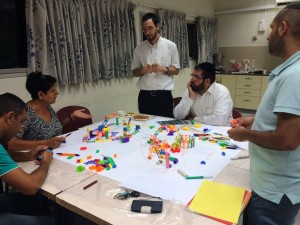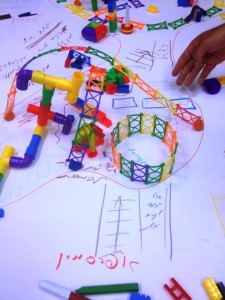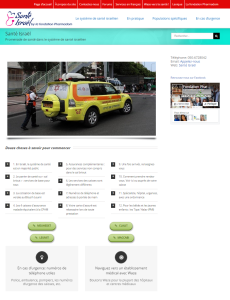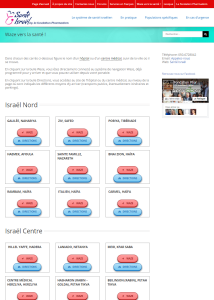What does Yom Kippur / Eid al-Adha mean to you? Bridging conflict with a movie
For the second year in a row – the Jewish Yom Kippur and the Muslim Eid al-Adha fell almost on the same day. This situation had the potential of sparking even more violence, during a time tensions between Israelis and Palestinians, Jews and Arabs, especially in Jerusalem but also in mixed cities throughout Israel, were high.
Both are among the most important holidays of their respective religions, but are celebrated quite differently. Yom Kippur is characterized by fasting and introspection, and, uniquely in Israel, refraining from driving (See here things that even the most secular Israeli Jews did on Yom Kippur when the roads were clear.) Conversely, Eid al-Adha, which commemorates Abraham’s willingness to sacrifice his son, is celebrated with family get togethers, often slaughtering a goat or a sheep to mark the day. In an effort to diffuse tensions, the Gishurim program (which is being operated by Mosaica and us) and a range of other partners, produced a YouTube video, which was viewed throughout the country. It was a fully joint Jewish-Muslim production, and served as an important ray of hope during these tense times. Some 250,000 people were exposed to the film, and it was viewed by more than 150,000 people on Facebook, from all around the country. Happy (and hopeful) viewing!




